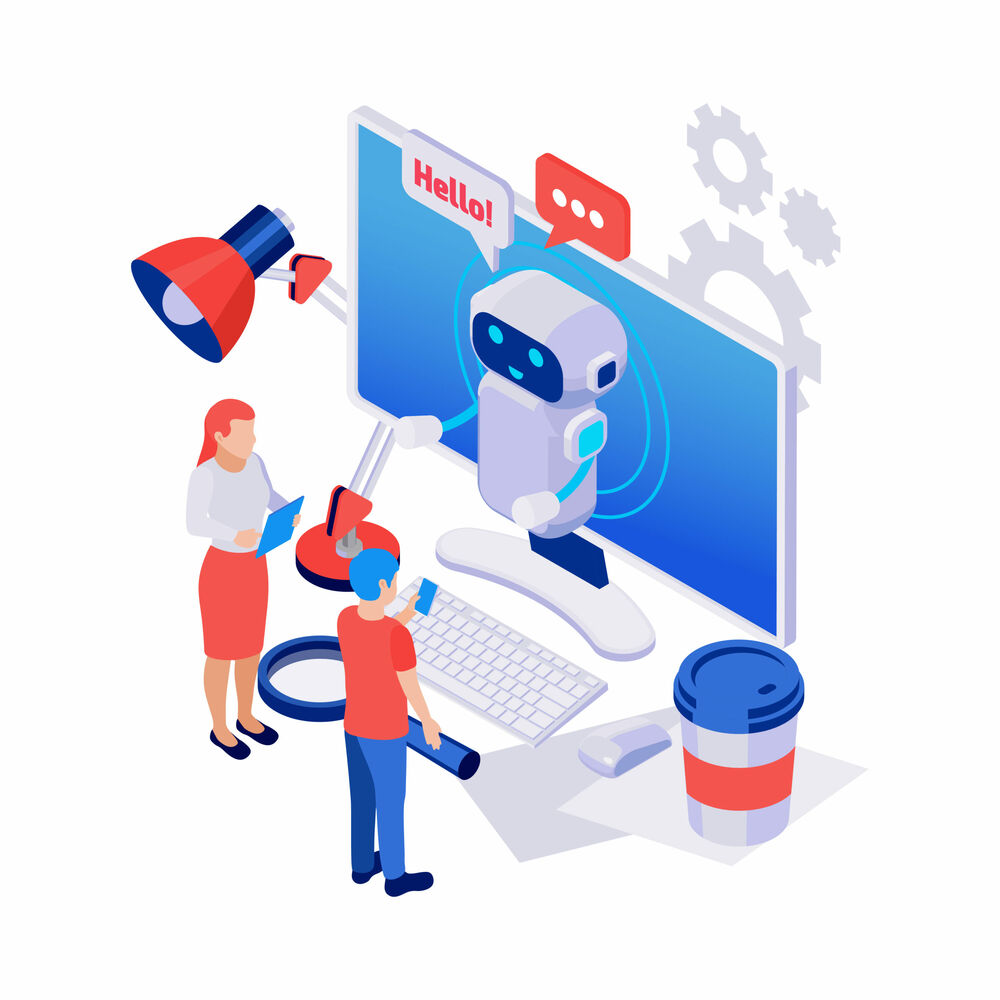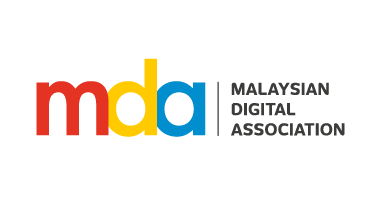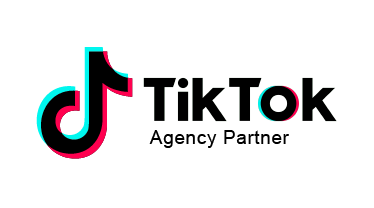Can Google Detect Your AI-Generated Content?
In a world where technology is constantly evolving, it’s no surprise that artificial intelligence (A.I.) has begun to play a role in content generation. AI-generated content is becoming more and more common as businesses realize the benefits of using this technology.
Table of Contents
What is AI-generated content?
AI-generated material is simply defined as content produced by artificial intelligence. This might be in the form of words, pictures, or even videos. Businesses are turning to AI for content creation because it can be quickly and inexpensively made. In some cases, it can be created automatically without the need for human involvement.
Benefits of using AI to generate content
Low cost: AI is a much cheaper option than hiring a team of writers or designers.
Reduce time spent on writing: AI can also help reduce the amount of time that you spend writing content. This is because AI can automatically generate content based on a set of parameters that you provide.
Content idea generation: When it comes to creating content, AI is second to none. This is because AI can quickly scan large amounts of data and identify patterns that human beings would not be able to see.
Can Google detect AI-written content?
The short answer is yes. Google’s algorithms are getting better and better at detecting artificial intelligence-generated content. A variety of techniques and algorithms are employed to detect and flag computer-generated content, such as natural language processing (NLP), which analyzes the text for syntax and patterns common to computer-generated content.
Some of the indicative signs are that Google pays attention to keywords and phrases commonly used by AI systems, such as ‘data suggests’ and ‘according to research,’ without an actual reference to back up the statement. Additionally, Google is also able to detect when the same phrase structure appears repeatedly in an article.
Whether it’s written by an AI or a human, Google is able to detect the quality of the content. All in all, it’s always advisable to provide credible references and sources to support any claims or statements made in an article, as this can enhance the credibility and reliability of the content.
In February 2023, Google confirmed in their Google Search Central Blog that they place importance on the quality of content instead of how it is produced.
When your content is created with people in mind rather than search engines, your ranking won’t be affected.
What is Google’s E-E-A-T guideline?
The rule of thumb for content creators is to focus on the Google search ranking system, i.e., E-E-A-T (expertise, experience, authoritativeness, and trustworthiness).
Google added E (experience) to the original E-A-T guideline in December 2022 to emphasize the first-hand experience element in one’s content. For your content to be considered high quality by Google, it must be up-to-date, reliable, and value-adding.
Not only should your content include references from reliable sources and meet the searcher’s intent, but you should also be a subject matter expert in the topic that you’re writing about. A good example of this is my writing as a subject matter expert in my role as a Search Engine Optimization (SEO) Specialist.
Additionally, using diverse and relevant keywords and phrases in a natural and meaningful manner (not keyword stuffing) can also help improve the SEO of a page. It’s important to follow best practices for creating high-quality, informative, and reliable content to ensure it ranks well in search engine results.
Are there any risks to using AI-generated content?
If you’re thinking of using AI to generate content, it’s important to remember that quality is the key. Google will be able to detect whether the content is well-written and informative, on top of meeting the E-E-A-T guideline. If it’s not, your site could be penalized by not ranking high on the Search Engine Result Page (SERP).
Remember, AI helps generate content ideas, not content. AI-generated content is not original because it relies on pre-existing data to generate ideas. This means that if you’re not careful, your AI-generated content could be very similar to someone else’s.
Additionally, as AI is still in its early stages of development, there is always the risk that something could go wrong. After all, AI is powered by algorithms, not people.
Another concern that comes with AI-generated content is the quality of the content. AI is not yet able to generate high quality content. To reiterate, AI will depend on pre-existing data to generate your content ideas. So, if the data that you’re basing your content upon is of poor quality, then naturally, your AI-generated content will be too.
Another crucial factor to consider is the need for fact-checking content generated by AI. Due to the fact that AI chatbots operate within a pre-programmed framework or database and lack real-time access to the internet, they may present incorrect or outdated information.
Nevertheless, we have good news! If you’re using the viral AI-powered chatbot, ChatGPT, OpenAI has recently launched plugins that enable it to access third-party knowledge sources and databases, including the web.
What you should consider when using AI for content creation
Consider a few things when you employ AI to create and write your content. Firstly, weigh up the risks and benefits and determine if there is a need for AI-generated content. If AI is the way to go, make sure that your data is of high quality. This will ensure that the content generated is also of high quality.
With AI-generated material, one might think that there is no need for plagiarism checks. It’s the exact opposite! AI-generated content can be highly similar to existing content, so do your due diligence and make sure your content is original, informative, and relevant.
Subsequently, it is important to regularly review and improve your AI algorithms. The way AI works solely depends on your instructions, which means if there are no updates to its algorithms, there will be no improvements in its output.
Tools that help with content creation
Here are some tools that I use when I’m working on my content:
Grammarly: A cloud-based typing assistant with proofreading capabilities.
QuillBot: Paraphrasing tool powered by artificial intelligence that improves text clarity by rewriting, editing, and changing the tone.
Wordtune Editor: AI-powered writing tool that rewrites and rephrases your writing for you.
It’s helpful to download their Chrome extensions so that you can use them with your Google Docs. Also check out our article on the 7 best content writing tools for SEO in 2023.
By following these simple tips, you can ensure that your AI-generated content is high quality and original. And if you’re curious if certain content is written by a human or an AI, you could check it with an AI content detector.
Should you require consultation for your SEO and content marketing plan, you can reach out to our digital marketing professionals. Find out the reasons you should hire a digital marketing agency for your business too.










Join the discussion - 0 Comment